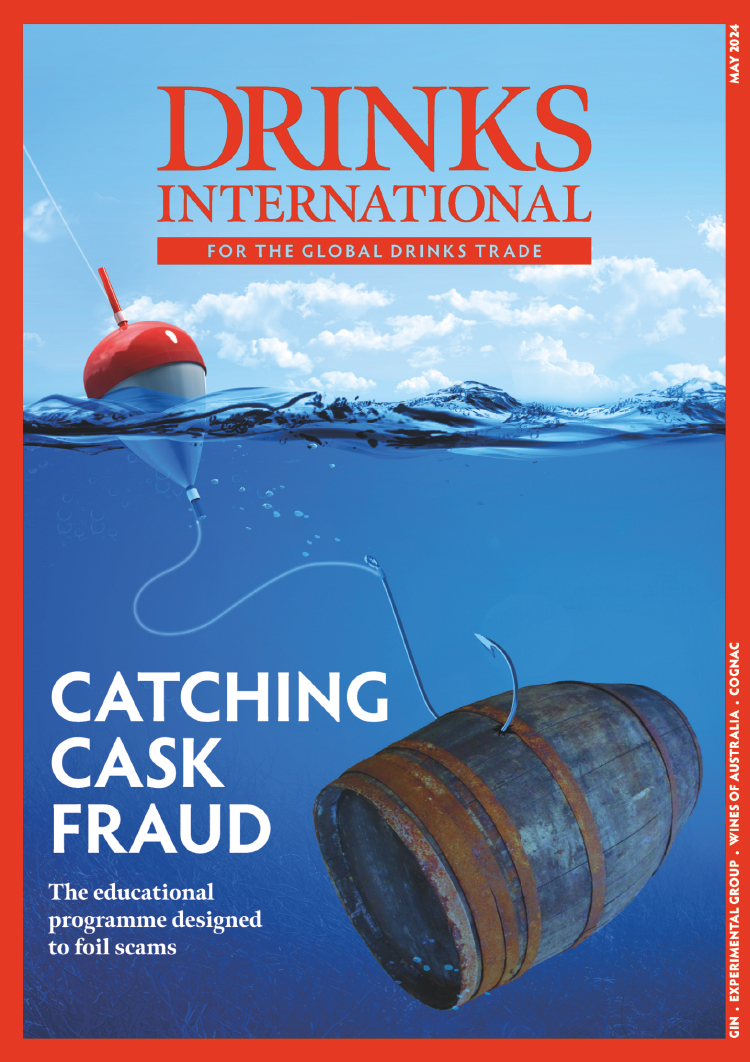IRELAND: 2008 was the worst year for the drinks industry in 25 years and 2009 set to be no better.
The chairman of Drinks Industry Group of Ireland (DIGI) said the weak local economy and the increase in cross-border sales have caused a problem that may lead to 9,000 job losses in 2009.
Chairman Kieran Tobin was speaking at the publication of DIGI’s “Drinks Market Performance 2008”, compiled by DCU economist Anthony Foley.
Tobin said that if current trends continue, 2009 will be even worse with 10% of off-license sales migrating to Northern Ireland with the loss to the State of over €100 million in tax revenues, and a threat to 10% of the people employed across all sectors of the drinks industry in this country.
Tobin said: “The clear conclusion from this report is that all sectors of our industry – manufacturers, distributors and retailers both in the on- and off-trade – are under immense pressure and we call on the Government not to add to this burden by considering any increases in alcohol taxes.
“With little sign of an upturn in the national economic situation, the prospects for the next 12 months are even worse – particularly if the Government decides to increase alcohol taxes and VAT in the upcoming supplementary Budget.
“In the short term, any such increase will simply encourage more and more Southern shoppers to purchase their alcohol in Northern Ireland where the euro/Sterling exchange rate and the excise and VAT differentials lead to significant savings (e.g. a saving of €10 on a bottle of whiskey).
“Ultimately, the State will lose further revenue to the benefit of the British Exchequer. Jobs will be lost, particularly in the employment-intensive on-trade sector that provides jobs in all parts of the country, and where we have already seen closures of 1500 pubs in the last six years. Jobs in the off-trade in the border region especially will be under severe pressure.”
Report author Anthony Foley, added: “The drinks market performance in 2008 deteriorated as the year progressed, with performance in the second half of the year far worse than in the first six months. The volume of alcohol consumption declined by 5.9% in 2008 compared to an increase of 2.5% in 2007. In the first half of the year the decline, compared to 2007, was 3.9%, but in the second half this rose to 7.2%.
“Per adult consumption decreased by 7.3% in 2008, while per capita consumption went down by 7.7%. These rates are equal to the decline in consumption that was recorded in the entire seven year period between 2001-2007. As a result average consumption levels are back to 1997/98 levels.
“All four alcohol drinks categories suffered volume declines: cider was down 11%, spirits 7.7%, beer 5%, and wine 4.1%. As a result, the value of the alcohol market overall fell by 2.5% to €6.9 billion in 2008.”
Kieran Tobin said: “On the basis of these figures, up to 9,000 jobs will be lost in all sectors of the drinks industry in 2009. This will come on top of those losses that have already been sustained in the past year, meaning that the numbers employed in the sector will have fallen from 100,000 to approximately 80,000 in just over two years.
“Increasing taxes will exacerbate this situation, and will also encourage more cross-border shopping with further loss of revenue for the industry and the State.
“The Government must take heed of the implications of this report and not increase the burden on a key industry that provides significant employment, revenue to the State and much-needed exports for the country.”



